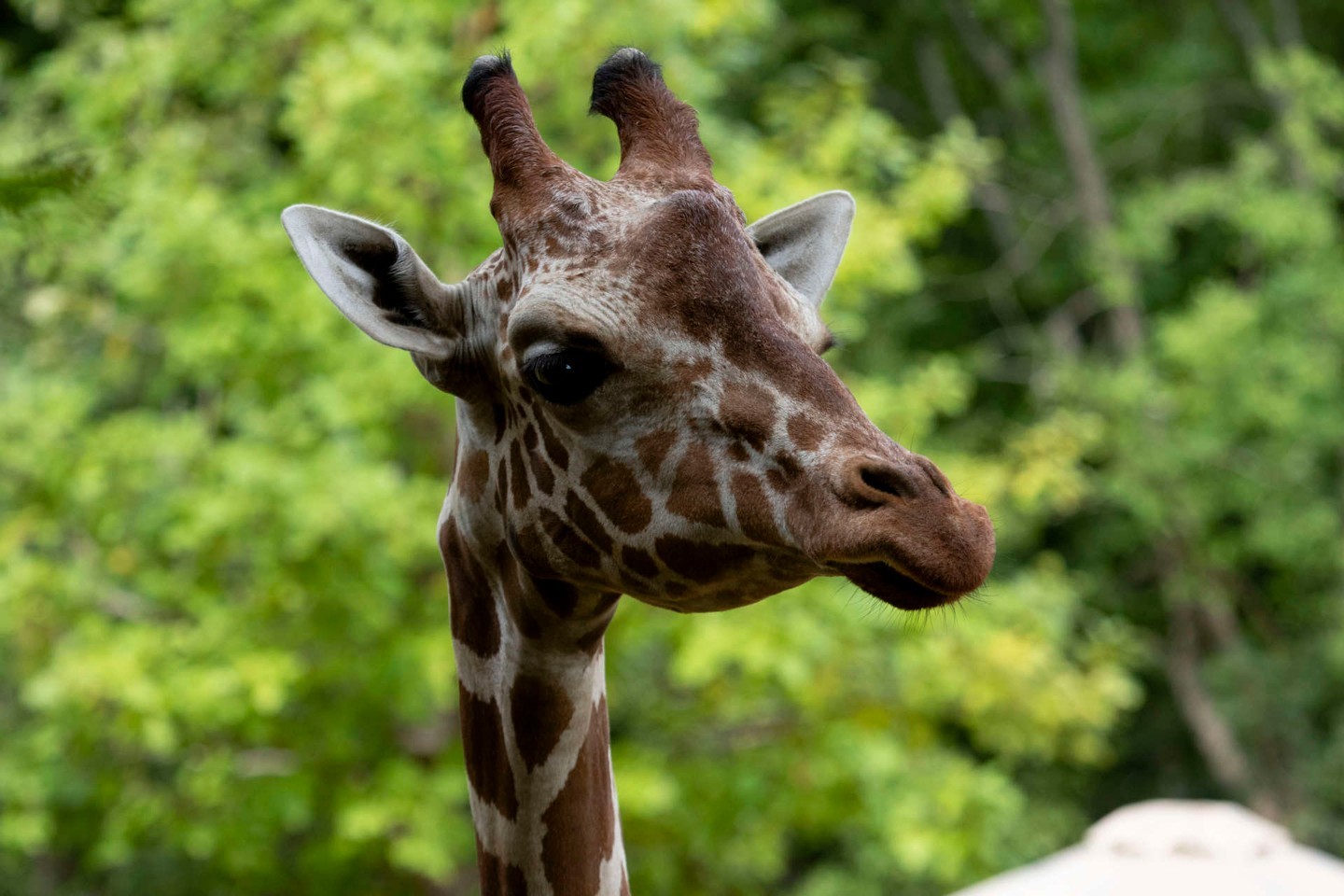Summary:
– The path to becoming a zookeeper involves a combination of education and experience.
– Volunteering at a local zoo is a great way to gain experience and see if the field fits.
– Zookeeping is not always glamorous, but it can be incredibly rewarding.
– Accredited zoos play a vital role in the conservation of various species.
Have you ever wondered what it takes to become a zookeeper? As a Hoofstock Animal Care Team member at Zoo Atlanta, I often get asked this question. It’s a career that many people are passionate about, and rightfully so. Working with animals, learning about their behaviors, and contributing to their well-being is a dream job for many. Today, I want to talk about the different avenues to become a zookeeper and give you a glimpse into the zookeeping world.
Education plays a crucial role in becoming a zookeeper. Most professionals in this field have post-secondary education in biology, zoology, environmental sciences, or related subjects. Having a solid foundation of knowledge and understanding of animal biology and care management is important. This educational background provides the necessary skills to effectively care for and manage diverse zoo animals.
However, education alone is not enough. Experience is just as vital in the world of zookeeping. Volunteering at your local zoo is one of the best ways to gain experience. This allows you to get a firsthand look at the day-to-day responsibilities of a zookeeper and see if it’s a good fit for you. Volunteering provides valuable experience and shows your dedication and passion for the field, which can be invaluable when seeking employment opportunities.
Personally, my journey toward becoming a zookeeper started in high school when I began volunteering at my local zoo as a teen volunteer. This experience gave me a taste of what it’s like to work with animals and solidified my passion for this field. After high school, I pursued a two-year course in zoology to further enhance my knowledge. But education wasn’t the only thing I focused on. I also completed an animal care internship, which allowed me to gain hands-on experience in a professional setting. These experiences, combined with dedication and hard work, eventually led to my role as a Hoofstock Keeper at Zoo Atlanta.
It’s important to note that zookeeping is not just about animal husbandry. While caring for the animals is a significant part of the job, it also involves various other responsibilities. Facilities maintenance, administration, security, and many other areas contribute to the smooth operation of a zoo. So, if you’re considering a career in this field, you must be open to diverse roles and responsibilities.
Now, let’s talk about the less glamorous side of zookeeping. This job involves a lot of cleaning, long hours, and hard work. It’s not always easy, and it can be physically demanding. But despite all the challenges, it is incredibly rewarding. Seeing the animals thrive under your care, witnessing their behaviors and interactions, and knowing that you are participating in their conservation is an experience like no other.
Accredited zoos like Zoo Atlanta play an essential role in the conservation of countless species, both native and non-native. They engage in breeding programs, research, and education, all aimed at preserving and protecting endangered species. Being part of this conservation effort is both humbling and inspiring. Seeing the impact a zoo can have on wildlife preservation is truly remarkable.
In conclusion, becoming a zookeeper requires a combination of education and experience. Pursuing post-secondary education in fields like biology, zoology, or environmental sciences provides the necessary foundation of knowledge. However, practical experience gained through volunteering or internships is equally important. Zookeeping is not always glamorous, but the rewards are immeasurable. If you have a passion for animals, dedication, and a willingness to work hard, this could be the career for you. So, consider volunteering at your local zoo, and who knows, it might be the first step towards a fulfilling and rewarding career as a zookeeper.
AJ T.
Keeper II, Mammals
*****
Source Description
My name is AJ, and I am a Hoofstock Animal Care Team member! Last time I wrote, we discussed the importance of operant conditioning training for all animals we care for. For this, I wanted to take the time to answer one of the most common questions I get as an animal care professional: “How do I become a keeper?”
The answer is that there are a lot of different avenues someone can take in the field. Most professionals in the field have post-secondary education in biology, zoology, environmental sciences, or the like, which is important to have the necessary knowledge and understanding of animal biology/animal care management. Just as important as education, however, is experience. To lightly touch on my experience, I began volunteering at my local zoo in high school as a teen volunteer, pursued a two-year course in zoology, and completed an animal care internship before being hired as an animal care assistant. This led me to a couple more positions before being hired as a Hoofstock Keeper at Zoo Atlanta!
For anyone interested in this field, which doesn’t just entail animal husbandry but also facilities maintenance, administration, security, and many more areas, I encourage you to volunteer at your local zoo to see if this fits you! This job is not always glamorous, with lots of cleaning, long hours, and sweat! But, for all of that, the field can be extremely rewarding when you realize the role accredited zoos like Zoo Atlanta have in the conservation of countless species, both native and non-native.
AJ T.
Keeper II, Mammals

